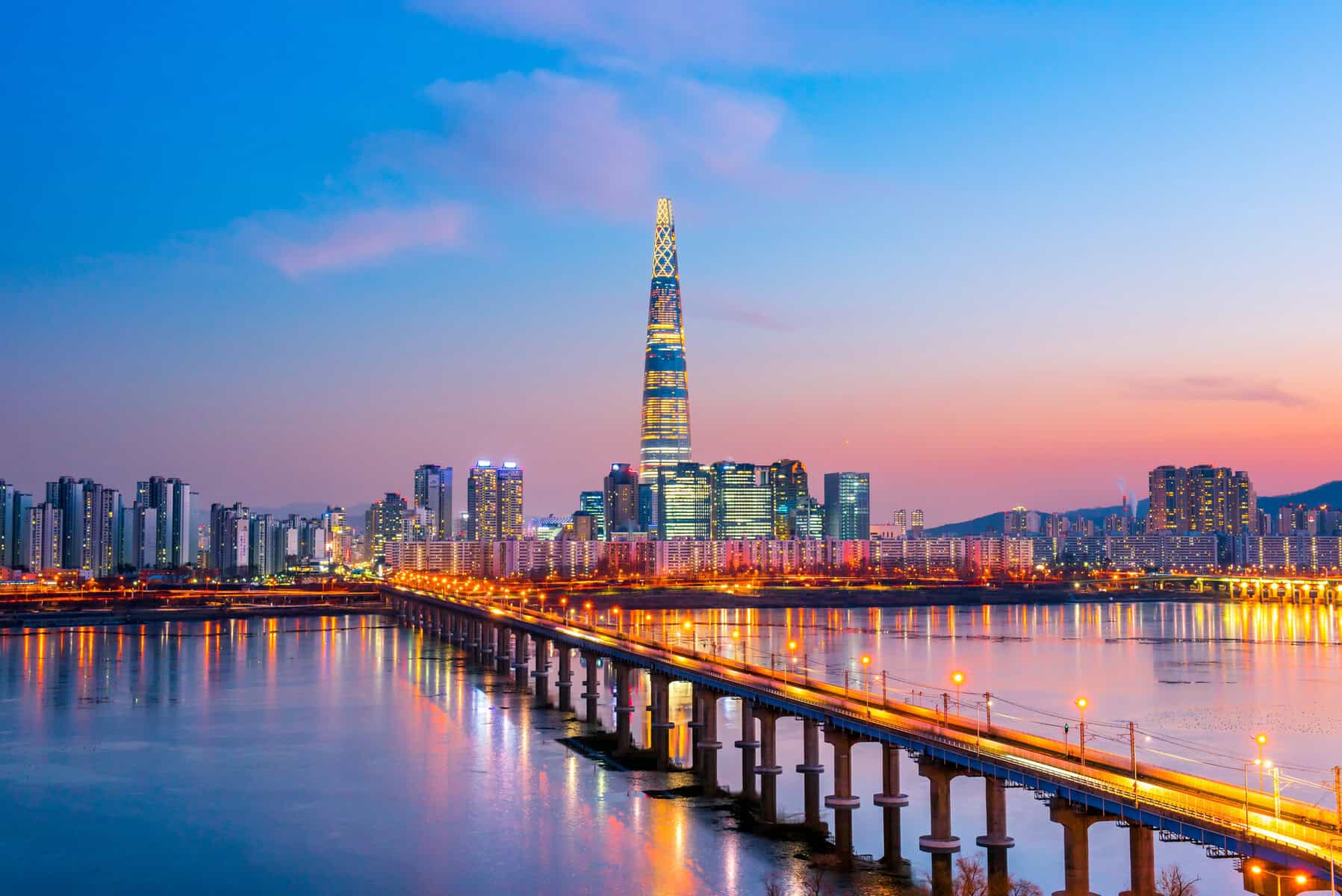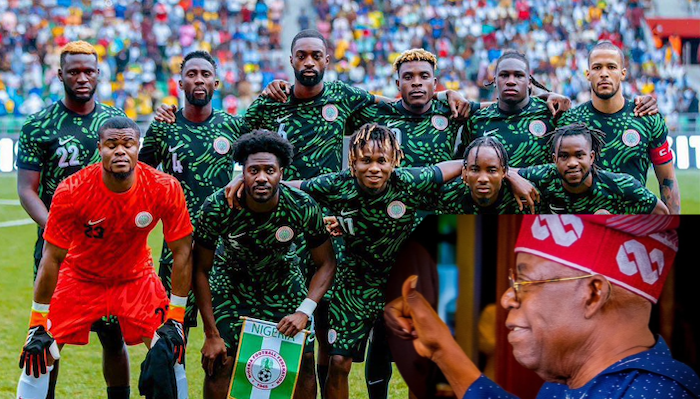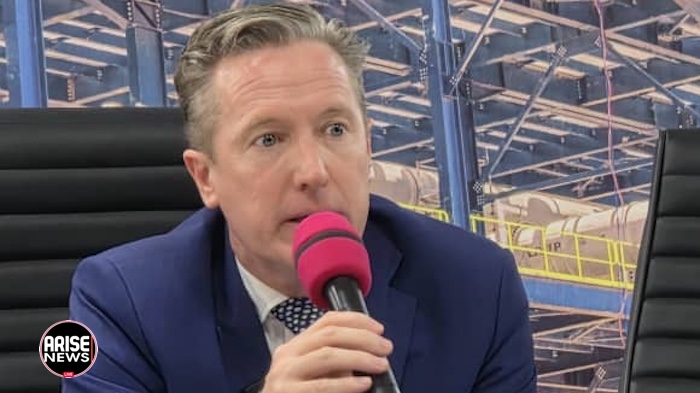
Photo taken in Seoul, South Korea
Visiting South Korea is like stepping into a world where tradition and technology walk hand in hand, perfectly in sync.
It is a country that hums with efficiency and pride, yet radiates warmth and humility at every turn.
From the moment you land, the energy is unmistakable: disciplined, orderly and beautifully alive.
As a first-time visitor, one of the first things that struck me was the quiet respect that defines everyday Korean life.
People greet each other with bows, speak softly in public spaces and treat strangers with consideration.
Even crossing the street feels ceremonial – and no-one jaywalks.
It is almost astonishing to see a bustling city of millions moving in harmony, obeying rules not out of fear, but out of mutual respect.
Learning a bit of the Korean language, Hangul, added a deeper layer to the experience.
The writing system itself is an art form: logical, geometric and surprisingly easy to grasp once you understand the basics.
Every character feels like a brushstroke of history. Knowing a few words helped me navigate the subways, order food and connect with locals beyond the surface.
ALSO READ: Beyond the headlines: Moscow’s beauty, surveillance, and surprises
In a society that values effort and politeness, even a small attempt to speak Korean earns you an appreciative smile.
Then there is the futuristic side of Seoul that makes you feel like you are living in a science-fiction film.
Robots glide through shopping malls and airports, ready to guide lost travellers.
The public toilets, sleek and self-cleaning, are marvels of design: spotless, efficient and a symbol of how seriously the country takes public hygiene.
Coffee shops are everywhere, from minimalist cafes serving artisanal brews to quirky spots where cold coffee reigns supreme.
In South Korea, iced coffee is not just a drink, it is a lifestyle. However, beneath the neon lights and the K-pop pulse lies a profound connection to heritage.
You can walk past an ultra-modern skyscraper and, a few steps later, find yourself at a serene Buddhist temple or a traditional hanok village where the air is still and time seems to pause.
It is this seamless blend of old and new that makes Korea’s soul so magnetic. What also stands out is the vitality of its senior citizens.
Many are in remarkable health, walking daily in parks, meditating by rivers and gathering in groups to stretch or dance.
Their diets are rich in vegetables, tofu and fermented foods, which is a testament to how cultural habits shape longevity.
ALSO READ: St Petersburg’s serene splendour belies a nation at war
Rain or shine, you will find Koreans outside, moving with purpose, as if the rhythm of life itself never stops.
While some describe Korea as overworked, locals explain that hard work is woven into the national identity – and there is pride in perseverance.
After lunch, office workers do not linger, they get up and return to their tasks. Yet, they also value rest and family deeply.
On weekends, parks and city squares fill with laughter, music and community spirit.
One evening, I joined a family event in the heart of Seoul, where parents and children gathered on inflatable couches beneath the stars, reading books, listening to music and laughing together.
Giant inflatable pandas bobbed in the background as part of a government-sponsored initiative to promote literacy and togetherness.
It was simple, wholesome and profoundly moving. That night, I understood what makes South Korea extraordinary.
It is not just the gleaming towers or the high-speed trains, it is the balance: a society that moves fast but remembers to care; that builds robots, yet still bows in greeting; and that drinks iced coffee but meditates at dawn.
South Korea is not just a destination, it is a masterclass in living with purpose and pride.
Kwazi was a guest of South Korea’s ministry of culture, sport and tourism.
NOW READ: Beauty and sense of solitude and space which only the plains and mountains of the Karoo can offer



